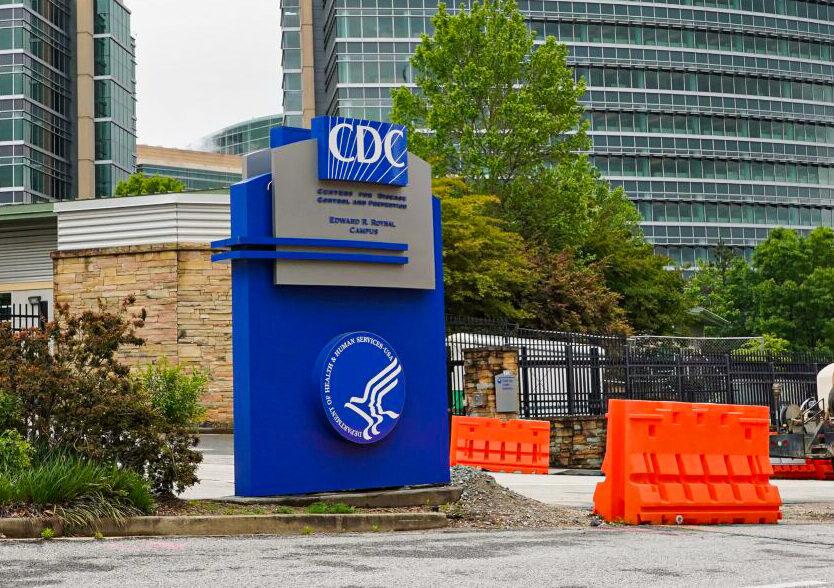The U.S. Centers for Disease Control and Prevention (CDC) is investigating a “large, ongoing outbreak” of a rare disease in Florida
In a press release, the CDC said Wednesday that meningococcal spread among homosexual males, including those with HIV, in the Florida outbreak.





